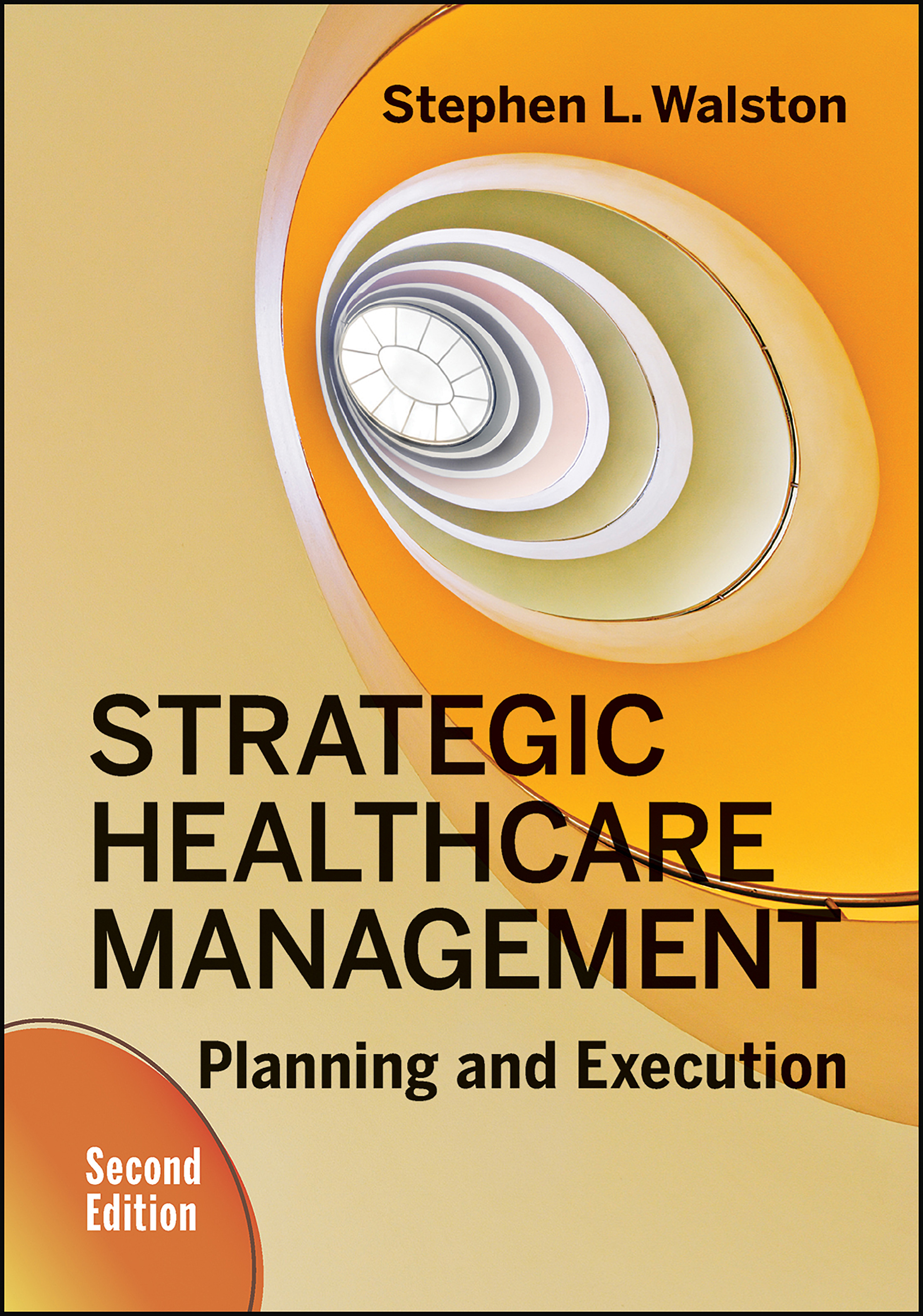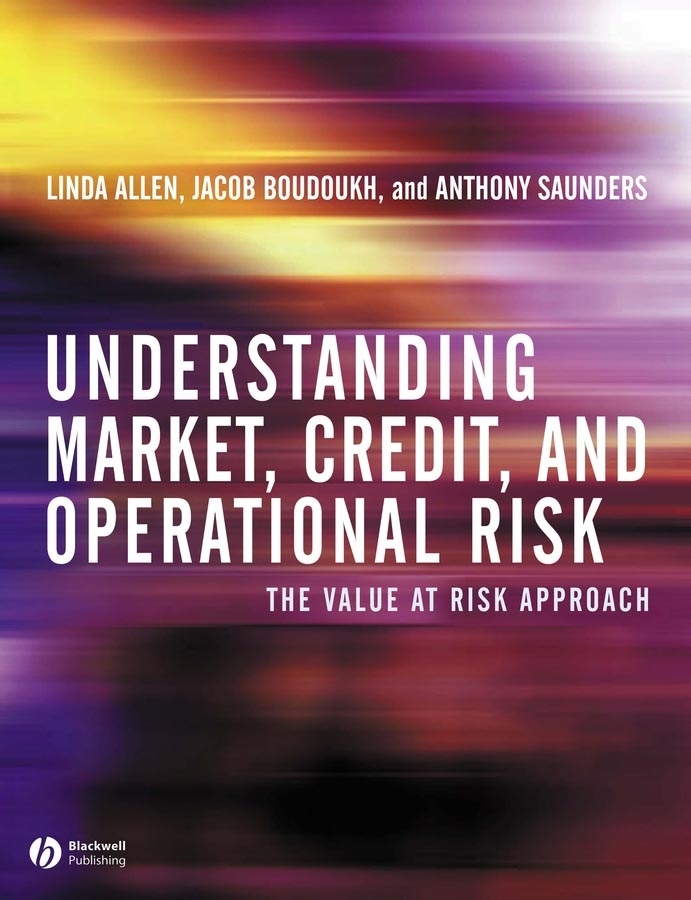During the first decade after the turn towards democracy and market economy, Hungary’s society experienced profound changes. The book analyses related political, legal, institutional and socio-economic structures and processes in order to contribute to a further understanding of Hungary’s ongoing transformation processes and its current situation as one of the leading candidates for EU membership. The topics include constitutive elements of a modern market economy as well as education, income structures, the poverty situation, post-communist voting behaviour, regional and urban development and Hungary’s cross-border co-operations. The role of Budapest within the European city system and Hungary’s economic situation within Europe are also discussed. Drawing together comprehensive empirical data and a geat variety of viewpoints, the book offers innovative examples of the application of different theoretical approaches to transformation studies and studies of economy and society in general.












